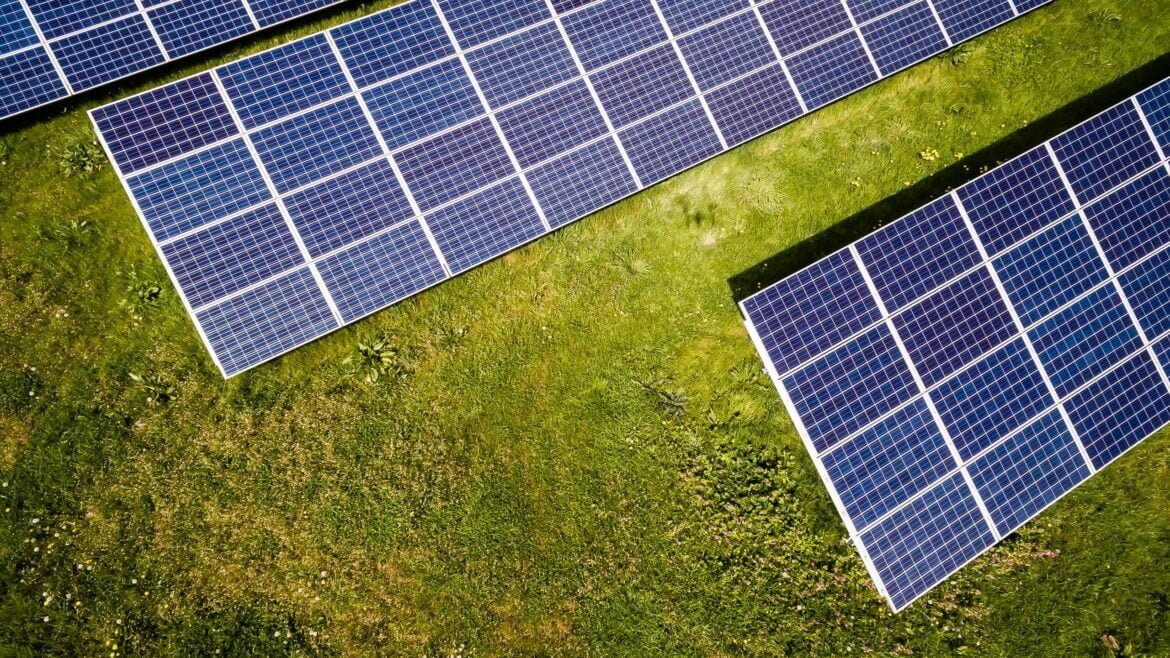IRENA’s World Energy Transitions Outlook brief presented at the Berlin Energy Transitions Dialogue warned that achieving the global target of tripling renewable power capacity by 2030 requires an urgent global course correction.
While tripling renewable power capacity by 2030 is “technically feasible and economically viable,” IRENA noted that concerted efforts are required to enhance infrastructure, policies and workforce capabilities, underpinned by increased financing and closer international cooperation.
Indeed, while 2023 set a new record in renewable deployment, adding 473 gigawatts (GW) to the global energy mix, an average of almost 1,100 GW of renewable capacity must be installed annually by 2030—more than double the record set in 2023.
Further, IRENA highlighted that annual investments in renewable power generation must surge from USD 570 billion in 2023 to USD 1550 billion on average between 2024 and 2030.
As such, the agency said that achieving the tripling target is far from assured, with an additional 7.2 terawatts (TW) of renewable power needing to be deployed to reach the required 11 TW by 2030.
Current projections indicate that the target will remain out of reach without urgent policy intervention, it said.
G20 nations, for example, must grow their renewable capacity from under 3 TW in 2022 to 9.4 TW by 2030, accounting for over 80% of the global total.
Here, it put forth a number of recommendations, which it said are “imperative,” including:
- Accelerated investments in infrastructure and system operations (e.g. power grids, storage),
- Revised policies and regulations (e.g. power market design and streamlined permitting),
- Measures to fortify supply chains and cultivate requisite skills, and Substantial increases in investments—including public funds facilitated through international collaboration.
IRENA also highlighted that despite “considerable renewable potential,” developing countries have received disproportionately low levels of investment.
For example, emerging markets and developing economies accounted for just over half of global investments in 2023.
One hundred and twenty developing nations attracted only 15 per cent of global renewable investment, with Sub-Saharan Africa receiving less than 1.5 per cent, despite being home to the highest share of energy-deprived populations.
Further, while a key aspect of IRENA’s 1.5°C Scenario is that the increase in renewable energy use must be coupled with a corresponding decline in fossil fuel reliance, both aspects are lagging.
G20 members alone disbursed a record USD 1.4 trillion in public funds to bolster fossil fuels in 2022, and, more broadly, fossil fuels received USD 1.3 trillion in subsidies that year.
IRENA ultimately called for greater international cooperation to ensure financial flows to the Global South and that the tripling pledge is upheld.
“Strategic use of public finance is paramount to attract investment at scale and deliver an inclusive energy transition that yields socioeconomic benefits for all. This requires structural reforms, including within multilateral finance mechanisms, to effectively support the energy transition in developing countries,” it said.




